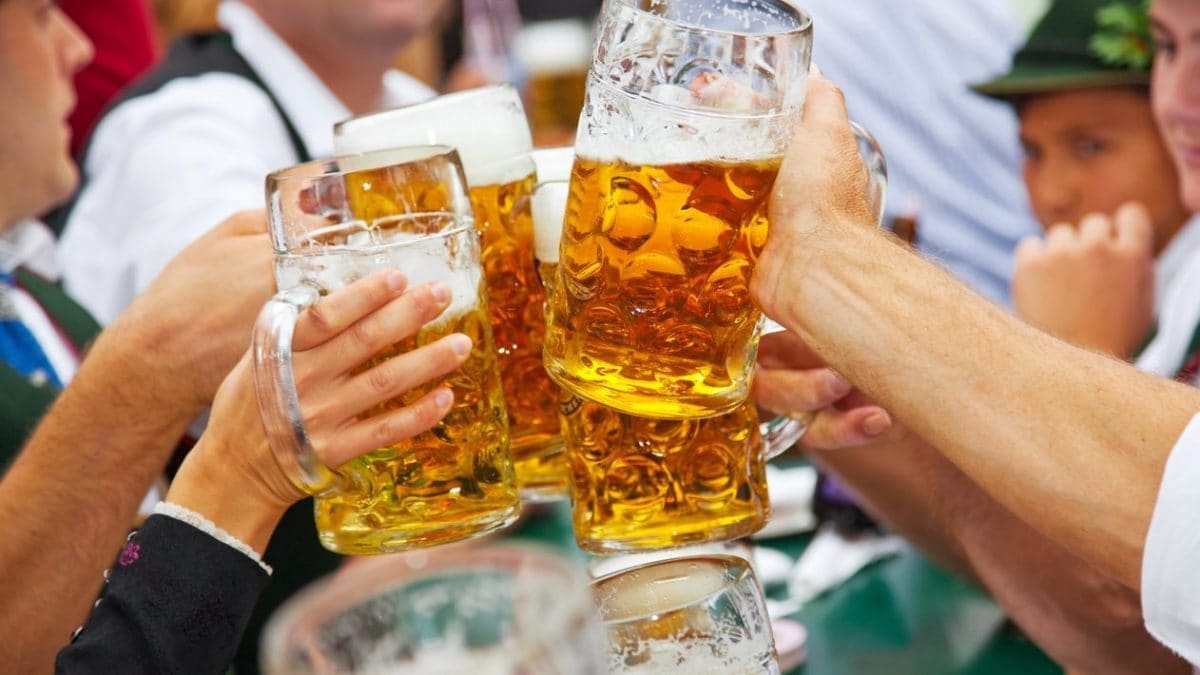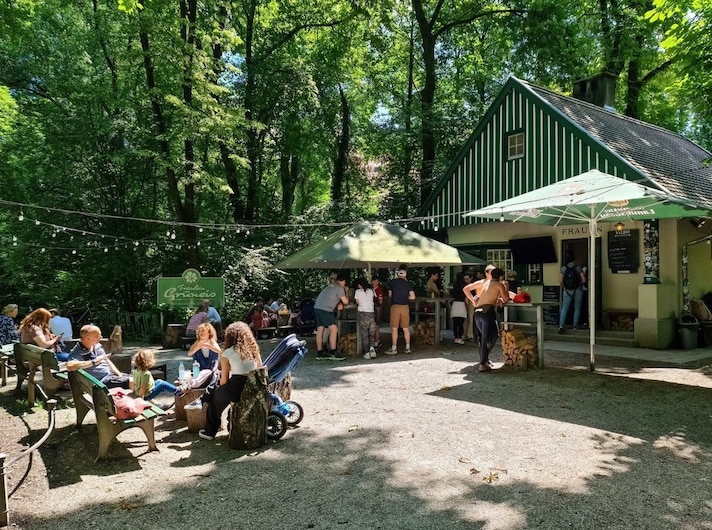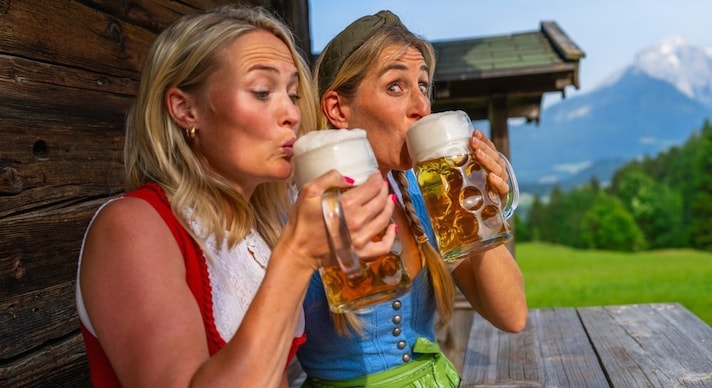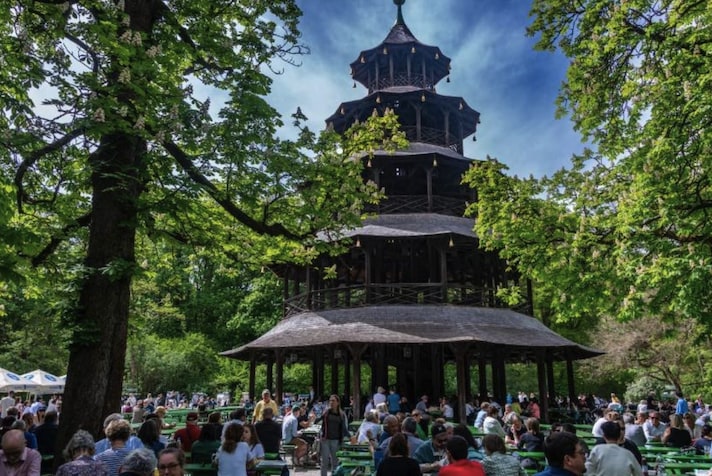
There was a day when the Bavarians said enough: but not because of taxes, politics, or football. No, that time it was beer that sparked the revolt. It was May 1995, and in Munich —a city where hops are almost a religion— thousands of people took to the streets with a single, noble goal: to defend the sacrosanct right to drink a beer outdoors after sunset. They weren't asking for much, after all: just a pint under the lime trees, a chat with friends, and some music. But a judge saw fit to ruin the party by imposing an early closing time on a historic local brewery.
It was then that 25,000 citizens, with froth of indignation in their eyes and a jovial spirit in their hearts, transformed a protest into an epic chapter in European gastronomic culture. And if today we can toast under the moonlight in the gardens of Monaco, we owe it to them too.
When the Bavarians Marched for Beer
It all began on May 12, 1995, a Friday like any other, but destined to enter the pantheon of great Bavarian civil wars, just below the making of the pretzel and just above the first tap of the Oktoberfest. In a more crowded than usual (and decidedly thirstier) Marienplatz, 25,000 people gathered with a specific purpose: to defend the honor of beer gardens. Where time passes slowly, mugs clink like bells, and the smell of roasting pork knuckles is part of the soundscape.
The fuse was lit by a ruling that seemed to have come from a dystopian world where beer is only served with afternoon tea: a judge had ruled that the Waldwirtschaft in Großhesselohe, a historic brewery just south of Munich, had to close its doors between 9 and 9:30 PM, and every other weekend at that. A slow death, rather than a closure. Now, imagine telling a Bavarian that they can't drink a beer at sunset, perhaps after a day's work, while a jazz quartet plays and children play under the chestnut trees. It's not just an inconvenience: it's an affront to the culture, tradition, and very spirit of Bavaria.
The Waldwirtschaft, affectionately known as "Waldi" by Munich residents, is no ordinary brewery: it's an institution, with roots dating back to the 15th century, when it was already serving beer to travelers on the banks of the Isar. In 2004, food journalist Ingeborg Pils called it "a cultural asset of Munich," and she was right: here, memory, identity, and noble yeasts blend.

The casus belli, as often happens, was a handful of complaints. Five local residents—probably more lovers of silence than Weissbier—brought the case to court, complaining about disturbing noise, traffic, and excessive merriment. The judge, armed with good intentions and little beer-hall spirit, ruled in their favor. But Bavaria, as is well known, doesn't take injustice well.
Within a few weeks, 200,000 signatures had been collected in defense of the Waldi and, by extension, all the beer gardens in the region. The movement, which proudly called itself the "Association for the Preservation of Beer Garden Traditions," organized a demonstration that is still recounted today, over sips of beer, like the exploits of medieval knights. Even the then Bavarian Prime Minister, Edmund Stoiber, took the stage to champion the cause, publicly promising to intervene. And, arguably, a politician who sides with beer has already won half a term in office in Bavaria.

But that day, beer won. In the months that followed, the regional government drafted a regulation that sounded almost like an institutional toast: beer gardens could remain open from 7:00 a.m. until 11:00 p.m., with the possibility of serving beer until 10:30 p.m. A perfect balance between the right to rest and the duty of conviviality.
Today, thirty years later, Waldi is still there, verdant and vibrant, with its wooden benches crowded on weekends, the scent of sausages in the air, and live music accompanying the clinking of mugs. And every time a waiter brings a liter of beer to the table after nine o'clock at night, it's as if he's saying with a look: "This, gentlemen, is the fruit of a revolution."

;Resize,width=767;)
